Love Jihad : Hadiya case takes peculiar turn as SC orders college dean to be her guardian
Tue 28 Nov 2017, 15:50:16

In a rather peculiar order the Supreme Court Monday ordered that Hadiya, who embraced Islam to marry Shahin Jahan, be taken to her college and its dean be her guardian.
A three-judge Bench presided by Chief Justice of India (CJI) Dipak Misra also ordered women police in "plain clothes" to be around the Sivaraj Homeopathic Medical College in Salem, Tamil Nadu to ensure her safety. Hadiya ney Akhila Ashokan is pursuing studies there.
The apex court also ordered hostel facilities for her. It is yet to decide on the issues of "love jihad" and "indoctrination" in the case.
The order is peculiar because sex or marriage between consenting adults is no crime; the marriage in this case is as valid as the one conducted in any customary practices and rituals.
But the Bench made a distinction in this case as a sequel to a startling report filed by the National Investigation Agency (NIA). According to it "'hypnotic counselling' and 'neuro-linguistic programming' are methods" used by radical organisations to entice young women to convert to Islam and marry Muslim men.
CJI Misra even touched upon whether this issue could be separately heard and Hadiya's issue would be settled (as an adult marrying a man). Going by that indication, other issues like
"indoctrination" and methods adopted for that could be taken up separately.
"indoctrination" and methods adopted for that could be taken up separately.
The court remained silent on whether Hadiya's husband or his family members and parents could visit her.
The marriage of Hadiya and Jahan last December kindled a debate over 'love jihad', indoctrination and individual liberty.
Her father Ashokan, an Army veteran, moved the Kerala High Court in May contending that his daughter was "converted" and Islamic radical groups have "trapped" his daughter.
When the court nullified the marriage, her husband moved the Supreme Court. The question was whether Hadiya consented to the marriage? The apex court itself said her consent as an adult "is prime".
But now the larger issue of "indoctrination" hovers over the issue with the report of the NIA, which contended that parental consent is prime in cases of indoctrination.
Hadiya's deposition may continue Tuesday; however, the next hearing is fixed for the third week of January in which other issues like "indoctrination" and "scientific" methods allegedly adopted by radical groups to convert unsuspecting Hindu women to embrace Islam may be segregated.
One of the judges on the Bench observed that "this is an unusual case".
No Comments For This Post, Be first to write a Comment.
Most viewed from National
Most viewed from World
AIMIM News
Latest Urdu News
Most Viewed
May 26, 2020
Do you think Canada-India relations will improve under New PM Mark Carney?
Latest Videos View All
Like Us
Home
About Us
Advertise With Us
All Polls
Epaper Archives
Privacy Policy
Contact Us
Download Etemaad App
© 2025 Etemaad Daily News, All Rights Reserved.

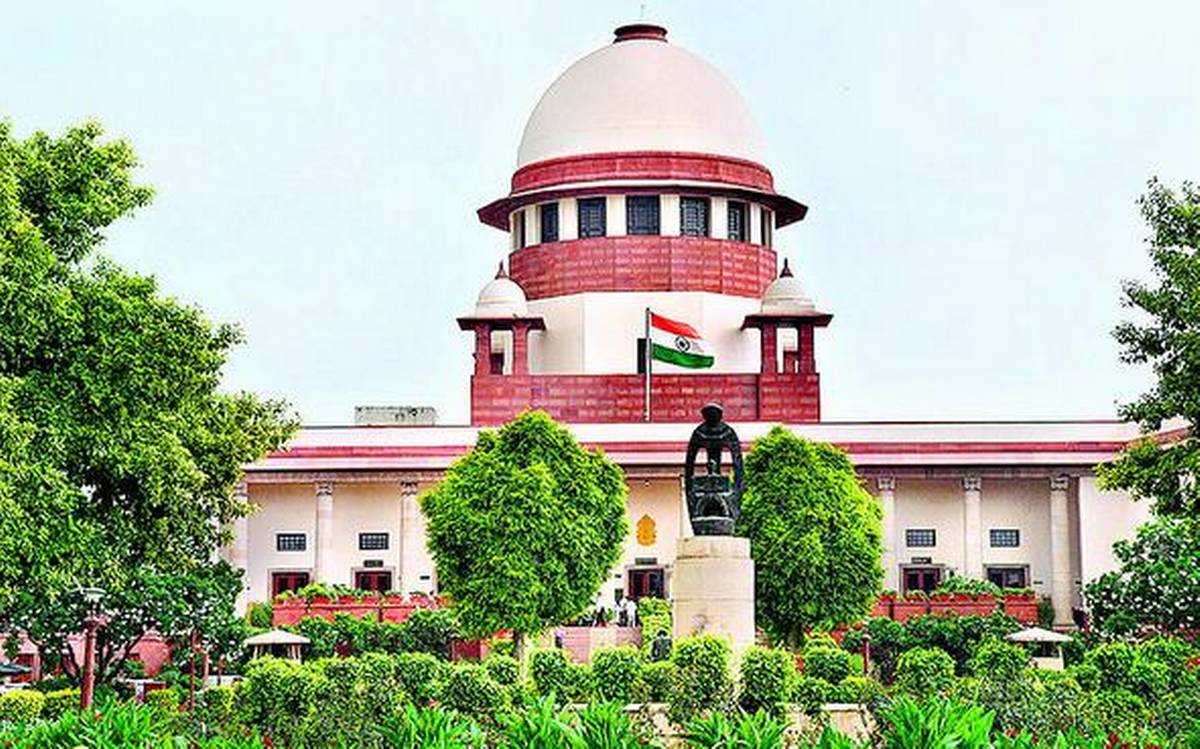
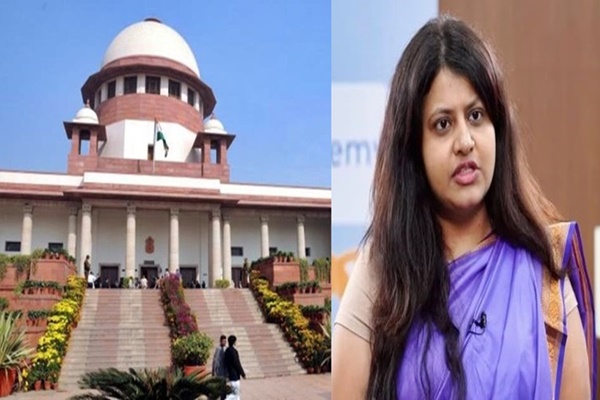


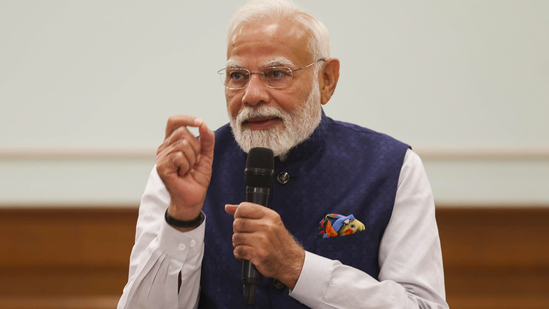
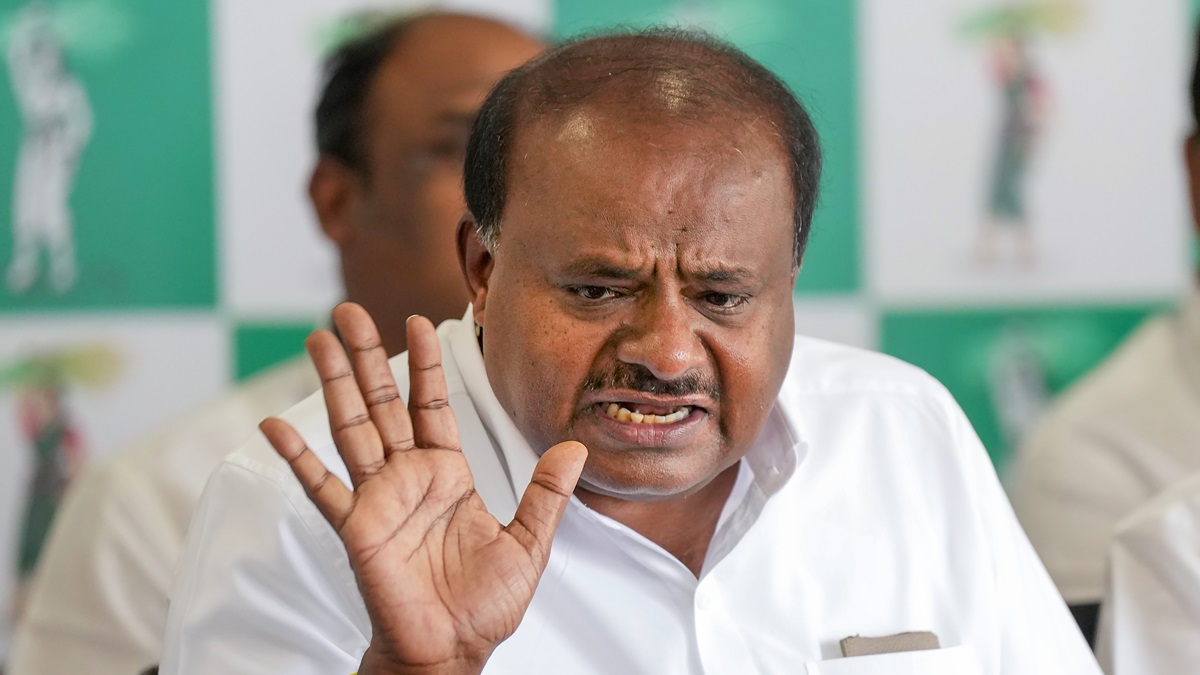


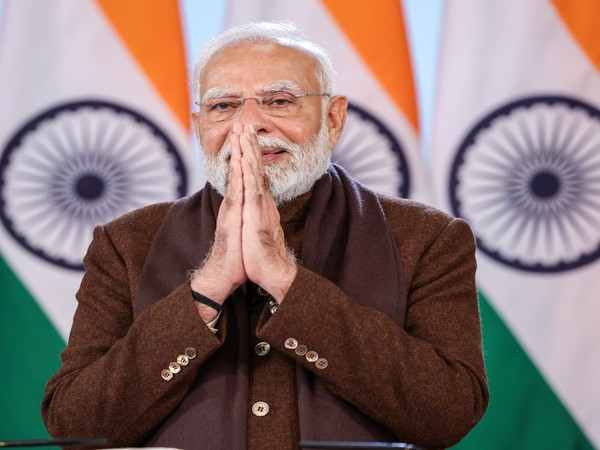
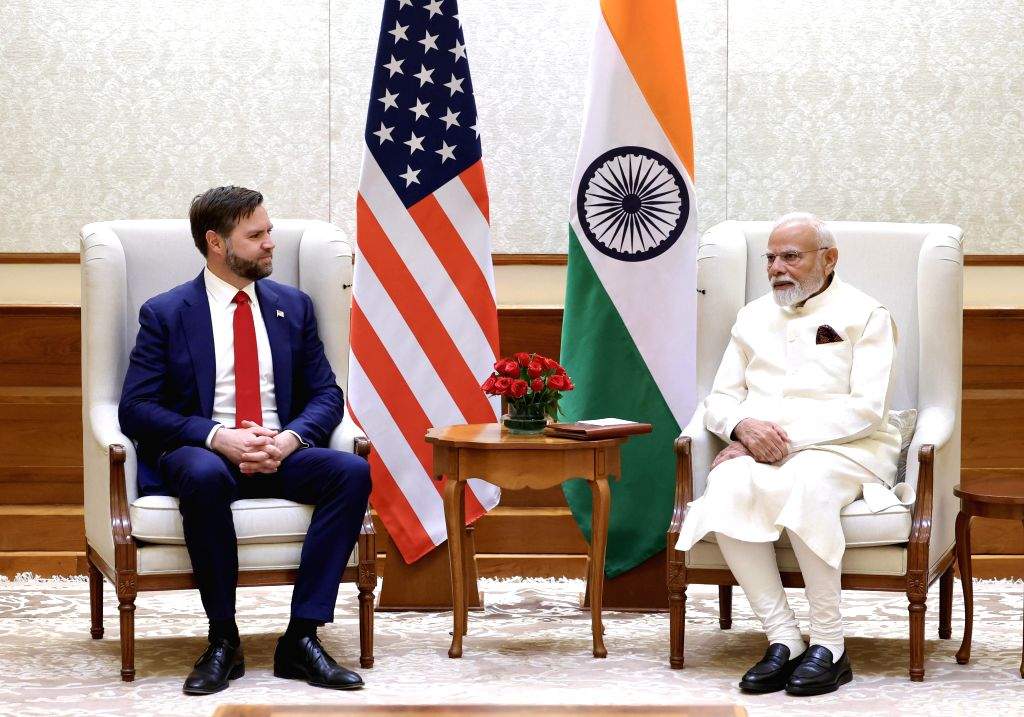

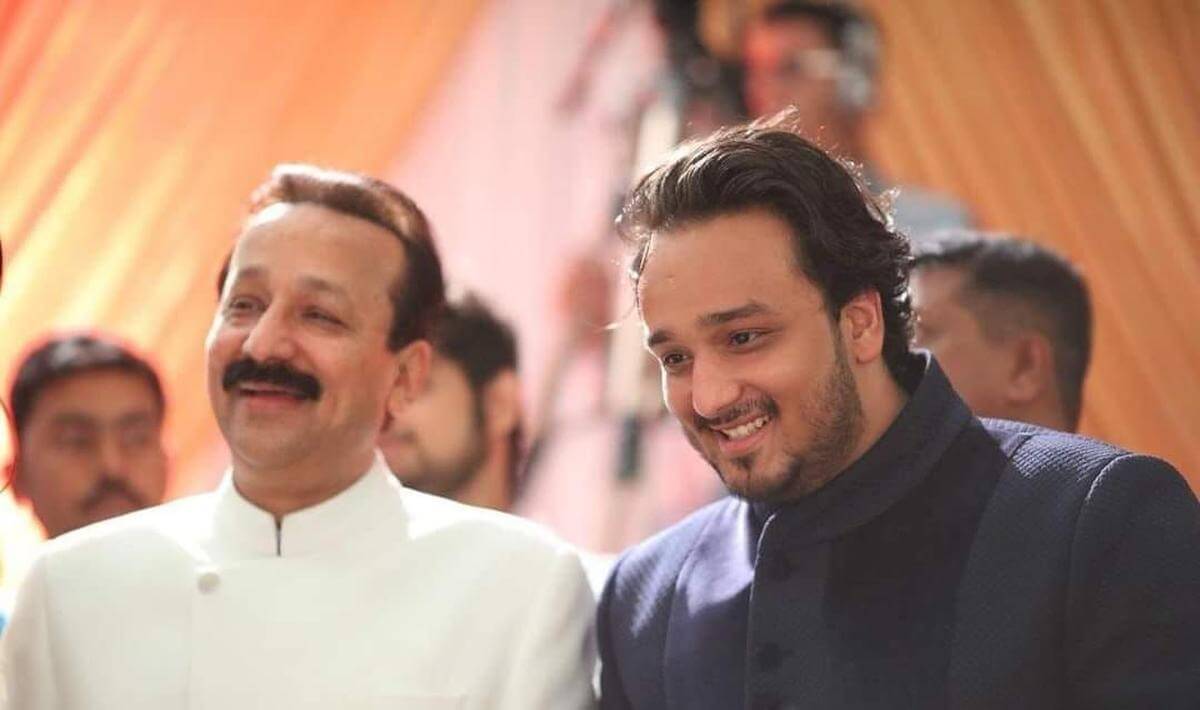

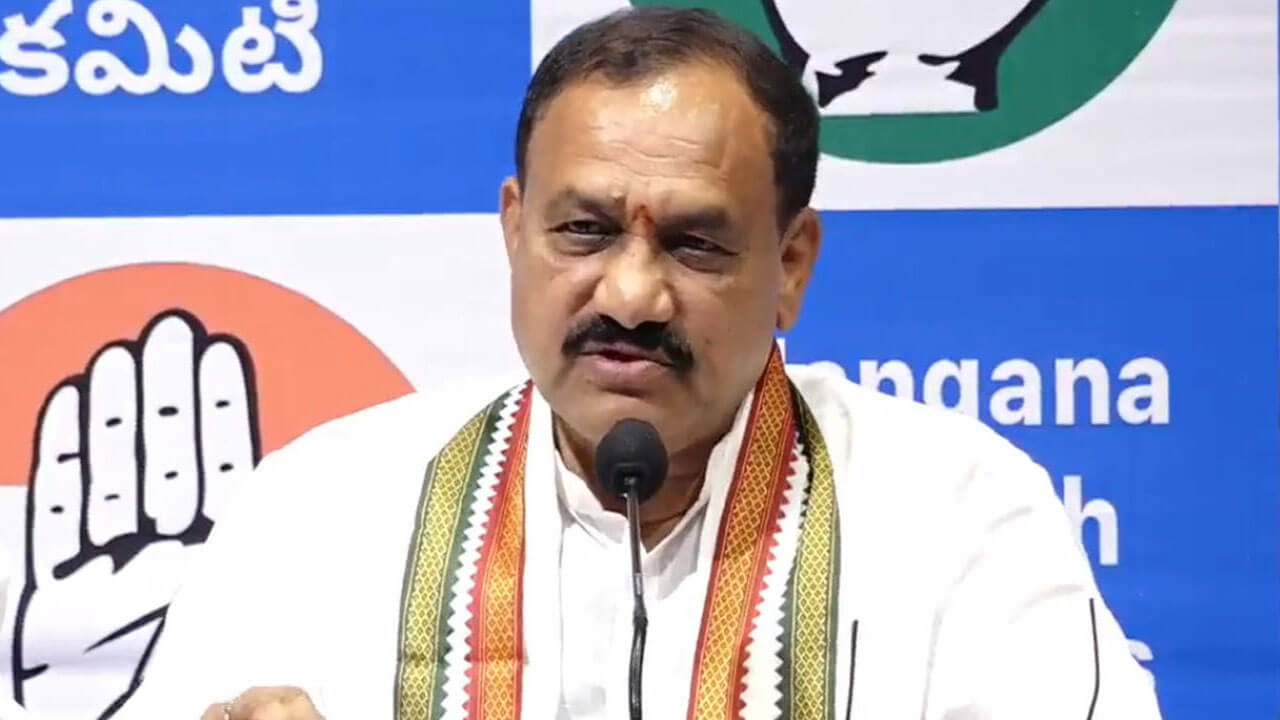



.jpg)
.jpg)
.jpg)
.jpg)
.jpg)
.jpg)
.jpg)

















